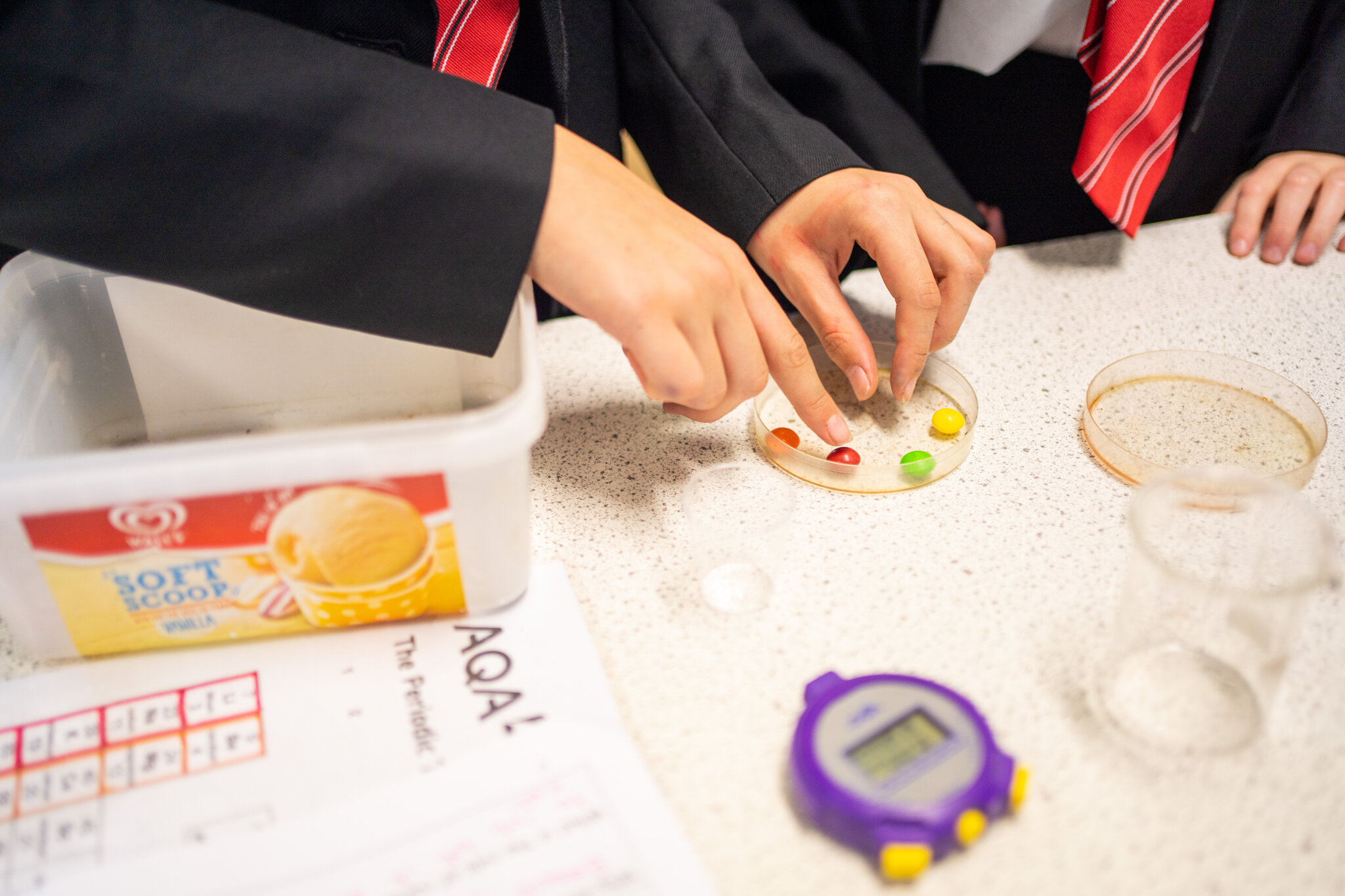Options Rationale
The transition from KS3 to KS4 is an important one as this is the first real opportunity our pupils have to select subjects that they are both more interested in and that provide a platform to access further study or vocational post-16 opportunities. Ultimately, we want our pupils to study subjects that they are both passionate about and those that propel them on an aspirational journey towards their chosen career.
Therefore, our options process is centred around three core principals; high quality CAIG (Careers Advice, Information and Guidance), an abundance of choice, and limited restrictions in terms of subject selection. CAIG commences in Year 7 where, ahead of making these important decisions, our pupils are exposed to an abundance of careers related material and experiences that are designed to agitate their curiosity and ambition in careers and reverse engineer a pathway toward it.
To further guide our pupils, our options presentation is delivered each January as part of Year 9 parents evening, our options booklet (which contains a wealth of guidance and information) is posted home along with an options presentation and help and guidance continues to be available in school. The English Baccalaureate (Ebacc) is a combination of subjects the Government believes provides a broad and balanced curriculum.
KS4 Curriculum
- Combined Science
- Biology, Chemistry, Physics
- English
- Maths
- RE
- Art
- Computing
- Creative iMedia
- Design Technology
- Food Technology
- Geography
- History
- MFL - Spanish
- Music
- PE GCSE
- Sports Studies
- PSHE
The English Baccalaureate
The EBacc is a set of subjects at GCSE that the government believes keeps young people’s options open for further study and future careers.
The EBacc is:
- English language and literature
- maths
- the sciences
- geography or history
- a language
The EBacc is made up of the subjects which are considered essential to many degrees and open up lots of doors.
A study by the UCL Institute of Education shows that studying subjects included in the EBacc provides students with greater opportunities in further education and increases the likelihood that a pupil will stay on in full-time education. Sutton Trust research reveals that studying the EBacc can help improve a young person’s performance in English and maths.
Options Timeline
Options Booklet

